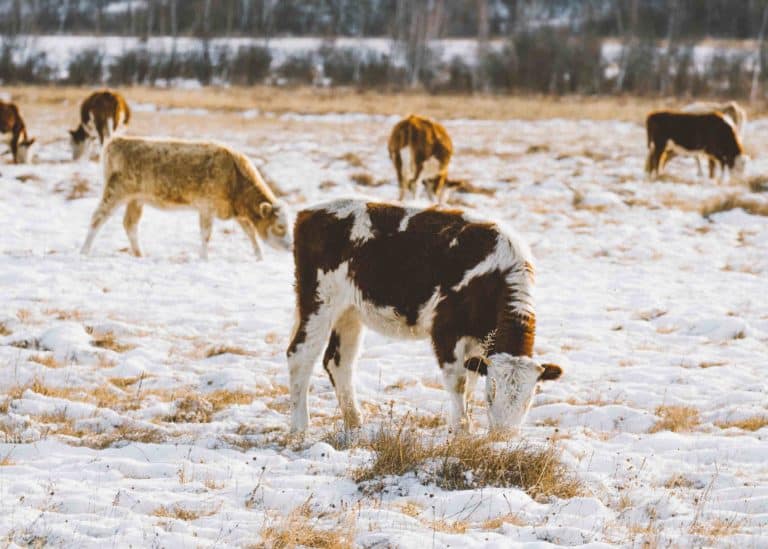Well welcome to cold weather again! I don’t know about you, but I am never truly ready for winter, but here we are!
The last few weeks I have either been attending calf workshops or presenting at calf workshops. The one item I am noticing is the lack of Calf Care Teams, we often visit about the mature cows or calves/heifers in general but what about the people who work with these calves. Winter months become a challenge for both animals and humans when dealing with newborn calves, so how do we make these teams more engaged at caring for our young calves?
Do we have a back up plan if these employees are sick or need time off? Most of us can manage through a few days, but what if those days become longer? It takes more time and preparation to make calf chores happen.
First and foremost, find that person who is willing to take on the challenge of caring for the newborn calf thru weaning. Will it require more than 1 person? Can they be cross trained for an additional workload on the farm?
Second, we need to train them in a manner of the “Gold Standard of Calf Raising”. The industry has come a long way in implementing standard procedures for calf care, sanitation, and overall wellbeing of the employees. (Link to Gold Standards Overview)
When training new employees do you DEMONSTRATE the skill using the equipment that usually goes with this job?
Do we PRACTICE what we just demonstrated? Have your employees repeat back to you the steps you just taught.
And EVALUATE, the teacher watches several times over the course of a week what again was taught.
Do not expect your employees to learn this skill of raising calves in a matter of a few days. This is a constant learning opportunity and has many moving parts. My go to saying when raising calves is “Never Get Comfortable”. Things change, and we need to be able to adapt when either the environment changes, or disease variance changes, and/or the goal of the farm changes.
You can divide the calf care modules on your farm to the following learning format for teaching:
- Newborn calf care
- Colostrum management
- Milk diet
- Cleaning and sanitation programs
- Dry feed diet
- Calf comfort
- Calf health, vaccinations, and treatment.
Take time to discuss the “Golden Standards of Calf Raising” during your next Calf Team Meeting.
Need help in setting up a Calf Care Team? Calf Star can help! My personal contact information is Minnie Ward; mward@calfstar.com
For more information on calf feeding and sanitation please visit our website:
We also recommend becoming a DCHA (Dairy Calf And Heifer Association) member where you can learn more about management of young stock on your farm. https://calfandheifer.org/gold-standards/
Happy Thanksgiving!
Minnie

